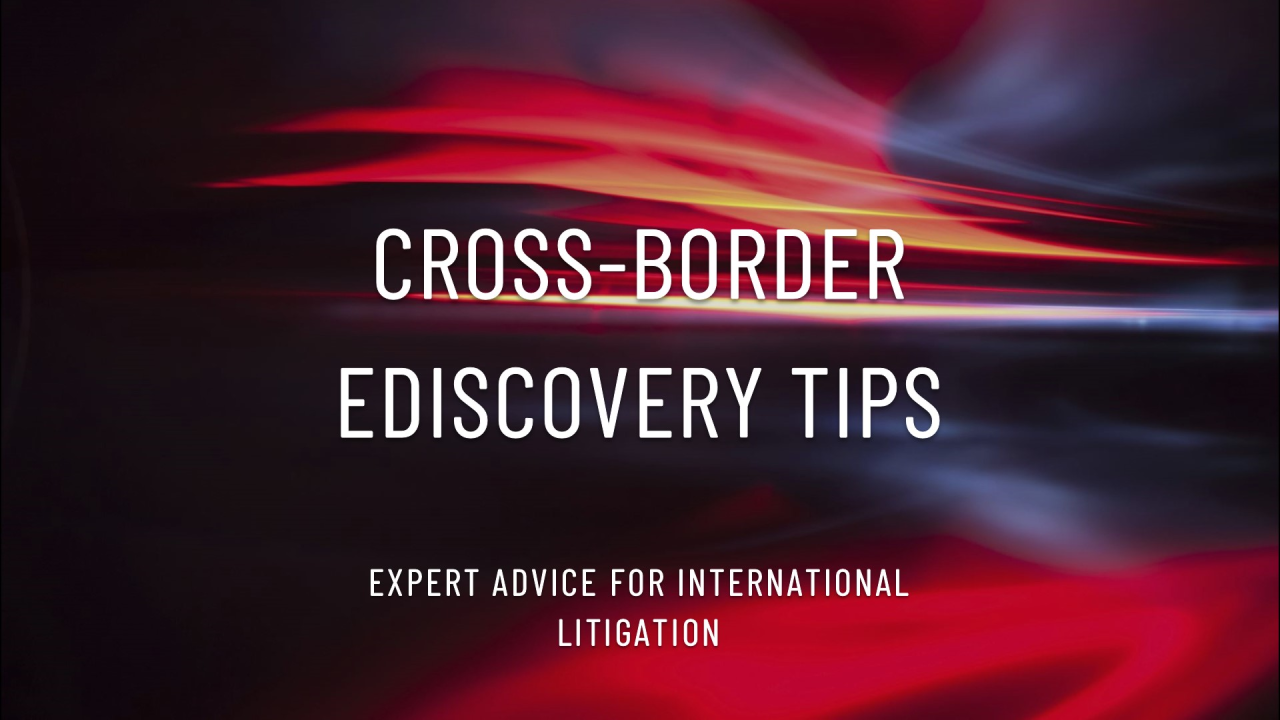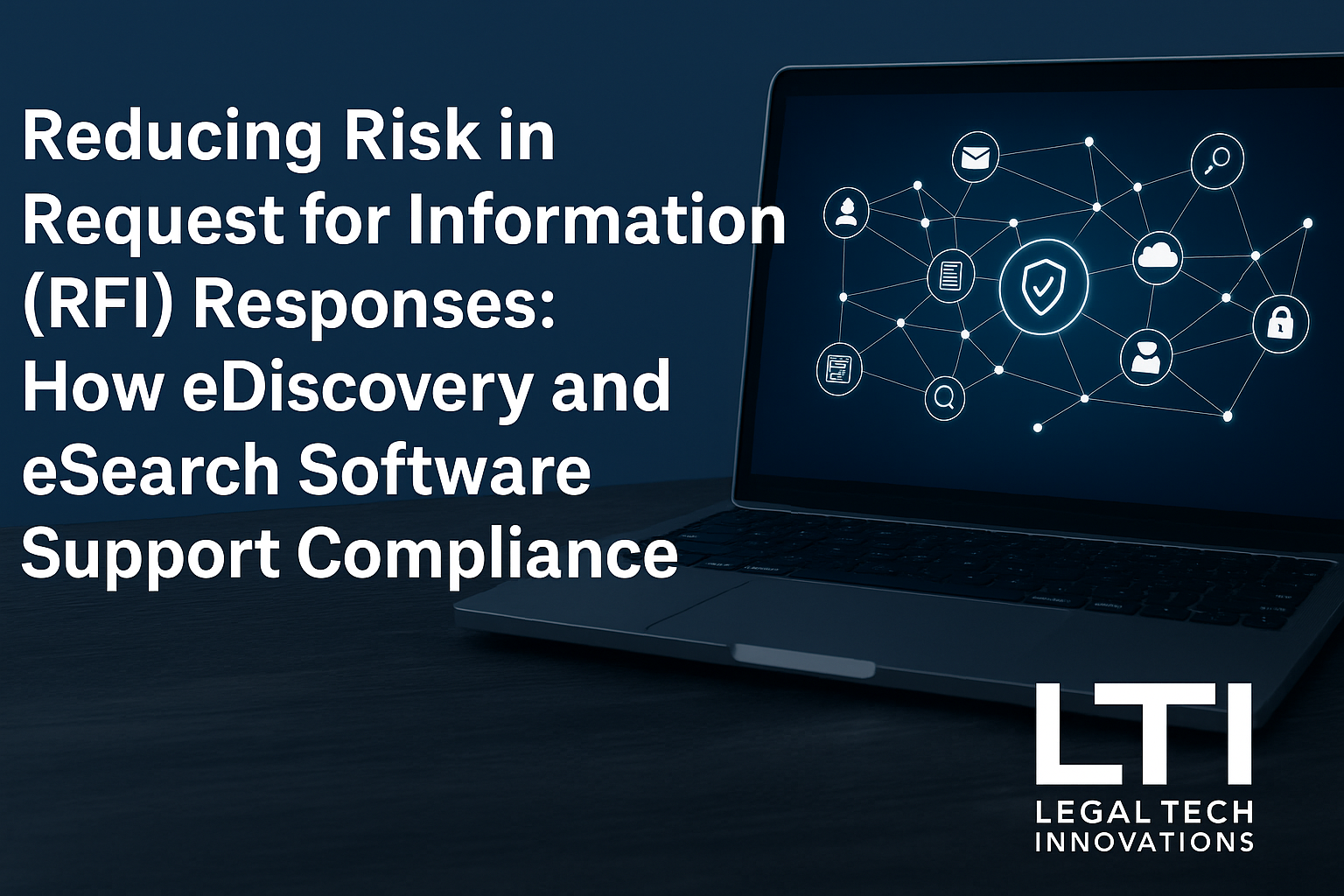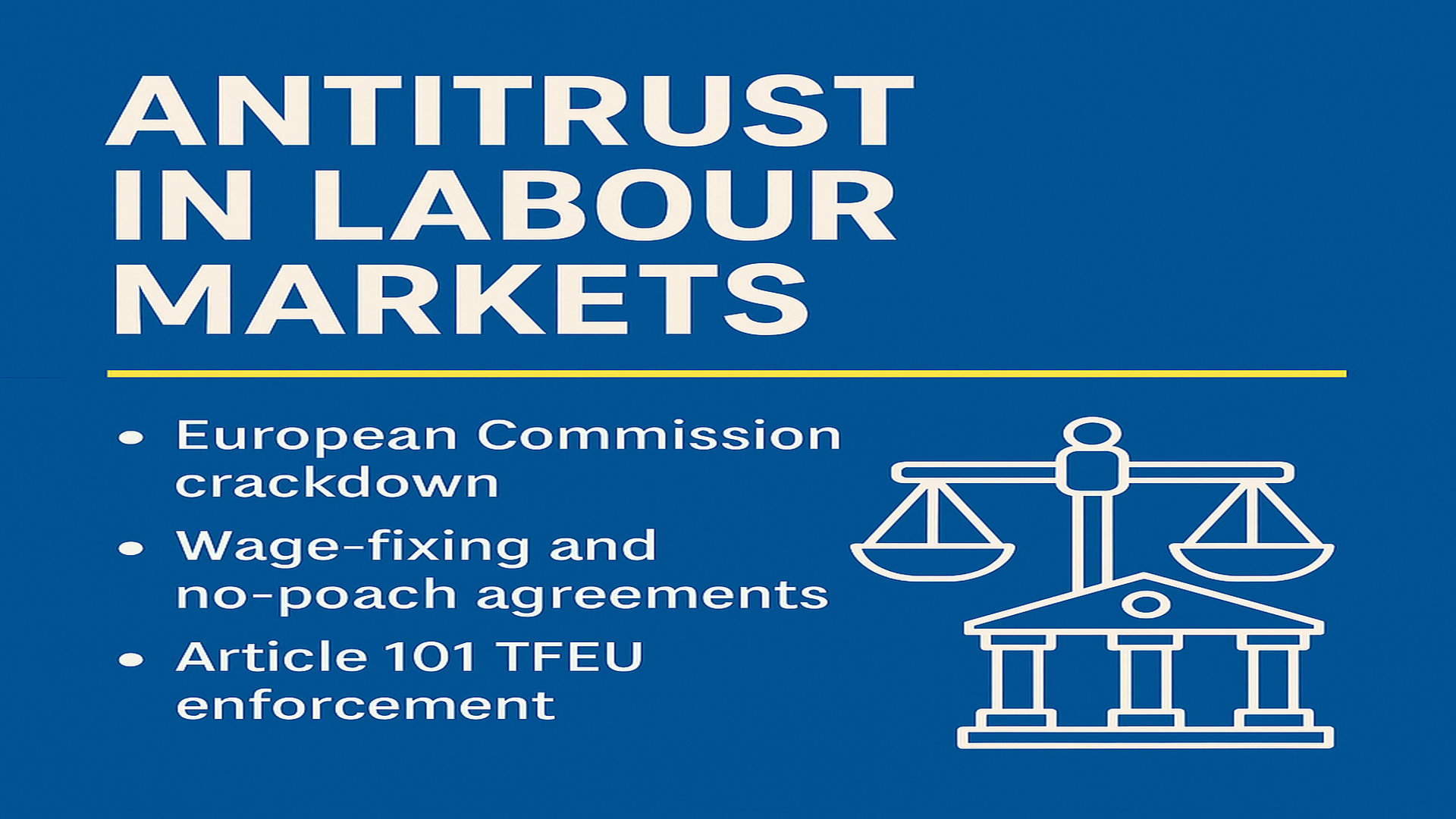Best Practices for Managing Cross-Border eDiscovery in International Litigation

As legal cases increasingly span multiple countries, legal teams are finding themselves navigating the tricky waters of cross-border eDiscovery. This process can be quite challenging due to the different legal landscapes in various jurisdictions. Lawyers need to juggle a maze of laws, data protection regulations, and technical hurdles when dealing with electronically stored information (ESI). Successfully managing this complex process is crucial to ensuring compliance, reducing risk, and making litigation more efficient. Let's dive into some best practices for handling cross-border eDiscovery.
Understand Jurisdictional Variations in Data Privacy Laws One of the biggest hurdles in cross-border eDiscovery is the different privacy laws in each country. For example, the European Union’s General Data Protection Regulation (GDPR) is a well-known example of strict data protection laws. Countries like China and Brazil also have their own data localisation rules that need to be considered. Legal teams must get familiar with the regulations that govern data collection, processing, and transfer in each jurisdiction involved in a case.
These laws restrict what data can be accessed and place burdens on how that data is transferred. Understanding these jurisdictional nuances early on can prevent costly delays and ensure compliance with both local and international laws. Often, legal teams need to work with local counsel to navigate these complexities.
Leverage Technology to Streamline Data Collection and Review Managing cross-border eDiscovery manually is nearly impossible due to the sheer volume of data, especially in large international cases. Advanced eDiscovery tools can help streamline the data collection, processing, and review stages. These tools can automate much of the process, significantly reducing the risk of human error while providing a clear, structured approach to managing vast amounts of data from multiple jurisdictions.
Technological solutions, such as machine learning and AI, can assist in classifying documents, identifying key evidence, and even flagging potential compliance issues related to data privacy. This automation makes it easier to manage the data efficiently, even when it spans multiple countries, languages, and systems.
Focus on Data Privacy and Protection Data privacy is critical in cross-border eDiscovery. Countries like the EU have strict privacy regulations (GDPR) that govern the collection and processing of personal data. Other jurisdictions, such as the US, have varying privacy laws that must be considered when handling personal or sensitive information. Lawyers must work closely with their IT teams and external eDiscovery service providers to ensure that all data handling and processing comply with the relevant privacy laws.
Complying with data protection regulations can result in significant penalties and damage to a client’s reputation. Therefore, it is critical to understand the full scope of privacy rules and ensure that your eDiscovery process aligns with them.
Collaborate with Local Experts Cross-border eDiscovery often requires legal teams to work in jurisdictions they may not be familiar with. Collaborating with local legal experts or consultants is essential for understanding the specific rules that apply to eDiscovery in each jurisdiction. Local counsel can provide valuable insights into the nuances of privacy laws, the types of data that may be protected or restricted, and the processes required to collect and present evidence.
These experts can also help bridge the communication gap that can occur when dealing with teams from different countries or cultures. Coordination with local teams can reduce the risk of errors and ensure that the eDiscovery process runs smoothly.
Maintain Flexibility and Agility The nature of cross-border eDiscovery is fluid, and things can change rapidly. Legal teams must remain flexible and adaptable to deal with unforeseen challenges, such as shifting laws, newly discovered evidence, or unexpected legal hurdles. Whether it’s navigating the complexities of a new privacy law or dealing with data transfer delays, having a flexible approach ensures that legal teams can respond quickly to evolving situations.
Cross-border eDiscovery often involves managing a large volume of data, requiring teams to constantly reassess their approach to ensure the most effective strategies are in place. This flexibility is key to avoiding bottlenecks and ensuring that all deadlines are met.
How LTI Help With the Technical Aspects of Cross-Border eDiscovery At Legal Tech Innovations (LTI), we specialise in helping law firms navigate the complexities of cross-border eDiscovery. Our experienced team leverages state-of-the-art eDiscovery tools that enable us to manage large-scale international data collections efficiently, ensuring compliance with both local and international privacy laws.
We offer tailored solutions for managing cross-border litigation data, ensuring that evidence is properly preserved, processed, and reviewed while keeping data security and privacy top of mind. Whether it's helping with data collection from multiple jurisdictions, providing support with data transfer protocols, or leveraging AI to reduce the burden of manual review, LTI ensures that your eDiscovery process is streamlined and effective.
Contact us to discover how LTI can help with your next project.
info@legaltechinnovations.com










